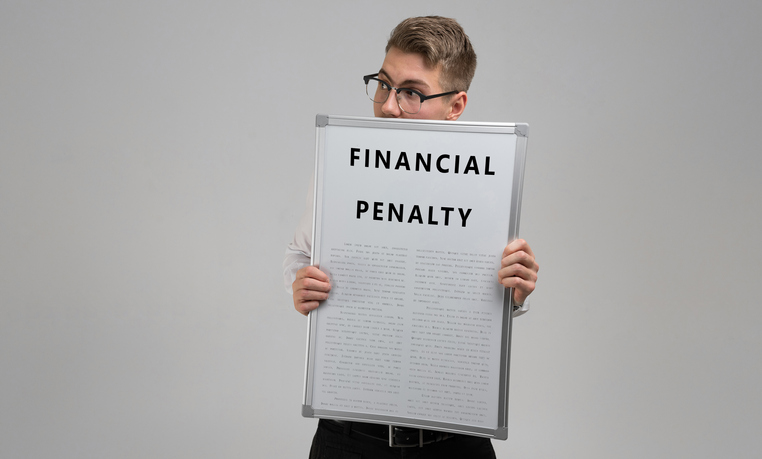
Getting working capital is essential for small businesses to operate and overcome cash flow gaps. But equally as important is making an informed decision about which financing provider you decide to partner with.
To help you better understand what type of factoring company is right for you, here are some questions to ask in your search for the best invoice factoring company for your business.
What types of factoring services do they offer?
In choosing an invoice factoring company, you should consider the type of service you need for your business. Do you want to factor all of your invoices or do you want to be able to choose which invoices to submit for funding? Are you willing to take on risk in case a customer fails to make payment on an invoice?
Here are the key factoring terms and options that you need to be aware of:
Spot factoring vs. Whole Ledger Factoring
- Spot Factoring: Spot Factoring allows you to factor a single invoice on a one-time basis without long-term contracts, which allows for more flexibility. However, fees tend to be higher with spot factoring.
- Whole Ledger Factoring: With Whole Ledger Factoring, also known as Full Turn Factoring, a business is required to submit all client invoices. Rates are generally lower than spot factoring, but most whole ledger factors will charge a hefty termination fee if you decide to cancel your contract with them.
Recourse vs. Non-recourse
- Recourse: With recourse factoring, business owners take on the risk if their customer fails to pay the invoice on time. If your customer does not pay back the invoice that you submitted to the factoring company, you must cover the costs and purchase back the invoice from the factor. Recourse factoring is less risky for the factor and is generally a more affordable option than non-recourse factoring.
- Non-Recourse: With non-recourse factoring, business owners will not be liable if their customers fail to pay the outstanding invoice. However, the fees tend to be higher because the factoring company takes on more risk. Additionally, most non-recourse factors will avoid accepting invoices from your customers who have low credit scores and poor payment history.

What’s the advance rate?
An “advance” rate is the percent of the invoice face value that you’ll receive upfront. A fair advance rate is 70-90% of the face value of the invoice. For example, if your customer owes you £1,000, you should expect to receive a cash advance payment of £700 to 900 to your account.
Are there hidden costs or fees?
Some invoice finance companies have hidden fees or penalties. We at Regency Factors are always open with any additional fees and what may trigger them.

What’s in the factoring agreement?
The invoice factoring agreement is a financial contract that explains the costs and terms of your factoring plan. It includes complex terms and provisions, so It is important for you to study and understand an agreement before signing.
To discuss the funding options available to your business. Please do not hesitate to contact us on 0161 280 4220 or lynnew@regencyfactors.com
what is invoice finance? invoice finance for recruitment, invoice finance for dummies, invoice finance for new business, invoice finance for startups, invoice finance with recourse, invoice finance meaning, invoice finance for small business, factoring example, invoice finance, invoice finance, invoice finance UK, how many businesses use invoice finance, why use invoice finance, why invoice finance, what is invoice finance, invoice finance and factoring, invoice finance and asset based lending, invoice finance agreement, invoice finance advantages, invoice finance arrangement, invoice finance alternative funding, invoice finance for new business, invoice finance blog, invoice finance bad credit, invoice finance benefits, invoice finance case study, invoice debtor finance, export invoice finance, easy invoice finance limited, invoice finance facts, invoice finance flowchart, invoice finance companies manchester